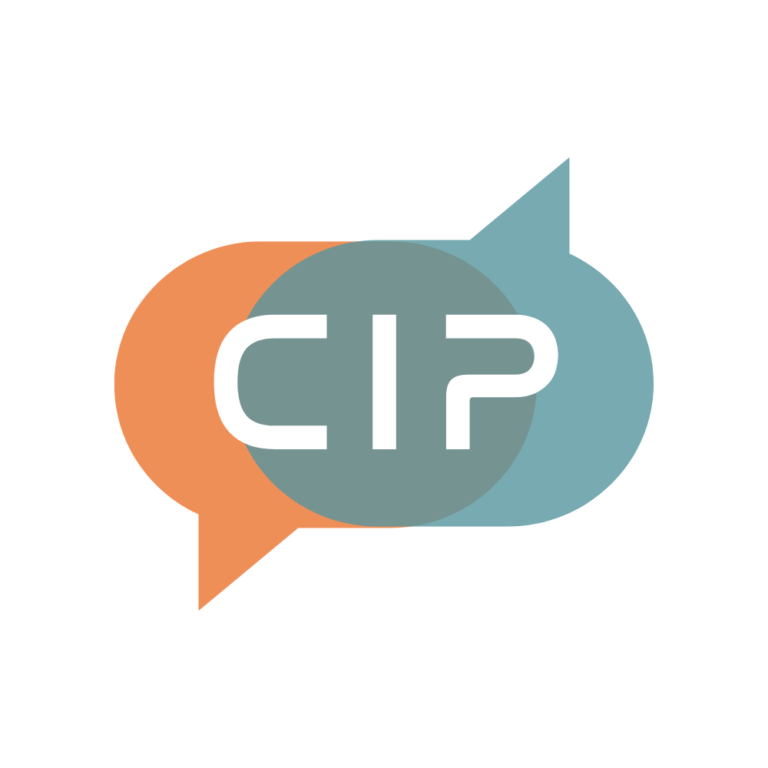Theatre and Improvisation Sessions for the Improvement of Client-Oriented Relations

- Summary
- Fact Sheet
- Curator Interview
- More Information
This learning project was rooted in the idea that art can contribute to push innovation and culture in the corporate environment allowing for the expression and understanding of the human experience beyond the limits of verbal thought. Moving from the idea of Augusto Boal that “theatre is a rehearsal for life”, the present learning project proposed the MEET Methodology (Medical Education Empowered by Theatre) within the corporate context of Smart Revolution.
By recreating a theatre and improvisation class which included warm-up exercises, different improvisation exercises and a debriefing, this learning experience aimed at improving presence, empathy, improvisation, verbal and nonverbal communication, and scenic intelligence of participants. These skills, along with the development of creative thinking, can foster the interactions in the corporate environment, including client-oriented
The Challenge:
The main challenge was equipping the target group with a set of tools, knowledge, and personal attitudes that would enable them to improve their interpersonal relationships within their working environment and manage client-oriented relations through empathy and social intelligence.
Target Groups/Clients:
The target group directly involved in the pilot was the Smart Revolution staff, which counted 7 people. The experimented methods can be implemented in other companies, involving the entire staff, from managers to employees, as well as for adult education professionals from all areas of knowledge. The indirect beneficiaries are especially clients and learners, who can beneficiate of the improved interpersonal skills gained by the company’s members / trainers.
Solutions:
The pilot proposed methods as group works, role plays and improvisations to work on storytelling, improvisation and communication skills.
Innovation:
The innovative aspect was the use of theatrical techniques within a corporate environment.
Impact:
Participants felt empowered in terms of improvisation, interpretation, and communication skills, and developed a deeper self-awareness and awareness of the others. Then, they witnessed an improvement in the ability to maintain a state of focus, readiness and attention, as well as in their creativity and mental agility.
To Know More:
Enrica Pautasso
https://www.smartrevolution.net/en

